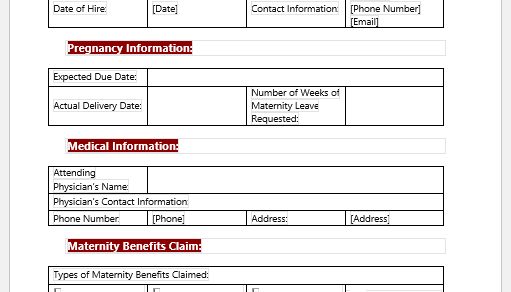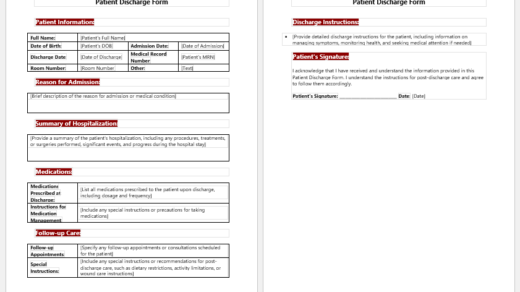Life is unpredictable, and those who want to spend their lives with peace and comfort usually try to make arrangements for the future in advance. For this purpose, some people save a lot of money and buy insurance policies from a reputable insurance company, and some of them also take some additional steps, such as filling out forms like advance directives and living wills.
What is an advance directive and a living will?
It is a tool that is used to enable individuals to come forward and express their wish for the treatment that they would like to get in the future when they are really old and unable to move or think sensibly to make the right decisions considering their medical treatment and health. Those who believe in healthcare planning always consider filling out this form because they feel that it will help them make their future more secure and safe.
Through the use of this form, healthcare professionals make sure that all the wishes of the patients are being fulfilled and respected. Patients usually speak about their wishes in advance, and they want quality treatment according to their wishes when they are unable to move or think wisely. This form is usually filled out when people feel that their caregivers or children will not be capable enough to make decisions on their behalf, and therefore, they choose to be in the driving seat and decide everything in advance.
What does a form of advance directive look like?
As the name suggests, this form is used to give instructions to healthcare practitioners in advance, and it should contain all those components that are essential for a person to discuss and tell to professional people. It is important to always keep in mind that the format and structure of the form vary from state to state, and therefore, when you are creating your form, you should consider what goes well in your state and what does not. Here is what a living will form looks like, as it includes the following details:
Introduction to the applicant:
The form starts with a declaration statement in which the person mentions his name, address, and contact details and then declares that he is filling out this form to give instructions to professional healthcare service providers and wants his health to be monitored and taken care of when he falls ill. The hospital takes this declaration to keep it as proof that the patient was not forced into filing this form as it was pre-decided and the decision was solely taken by the patient himself.
Appointment of a healthcare agent:
When a patient has to make someone take the responsibility to give the treatment according to his will in the future, he will have to appoint an agent who will belong to the same hospital from where the form has been taken and filled.
The patient gives the details of the agent, such as name, contact details, relationship with the patient, and lots of other details that are being asked by the form.
The patient clearly states that the agent will be responsible for making decisions about his health on his behalf when he becomes incapable of making any decisions on his own.
Appointment of the alternate agent:
The form also asks the patient to give the name of another agent who can make decisions regarding his treatment of that person if the agent who was previously appointed is not available. Some additional details about the alternate person are also provided.
Instructions regarding life will:
This is the main part of the form in which the patient has to give directions to the medical staff about his life and treatment. He will tell what kind of treatment he will need, whether he wants his organs to be donated or not, how the funeral process will be carried out, in what way his last rituals will be performed, and much more. All these institutions give clear directions to the medical staff regarding taking care.
Revocation of rights:
The patient can also describe how the rights of the agents will be revoked and under what conditions before he signs this form and makes it an official and legally acceptable document.
- Nursing Documentation Templates
- Mental Health Evaluation Forms
- Forms Used by Pediatricians
- Various Forms Related to Pregnancy Verification
- Common Forms Used by ENT Specialists
- Pain Diary Worksheet Template
- Forms Commonly Used by Old Age Homes
- Medical Treatment Consent Form
- Home Exercise Program Worksheet
- Forms Used for Mental Health Assessment
- Forms Used by Psychologists
- Medical Forms Commonly Used by/for Students



